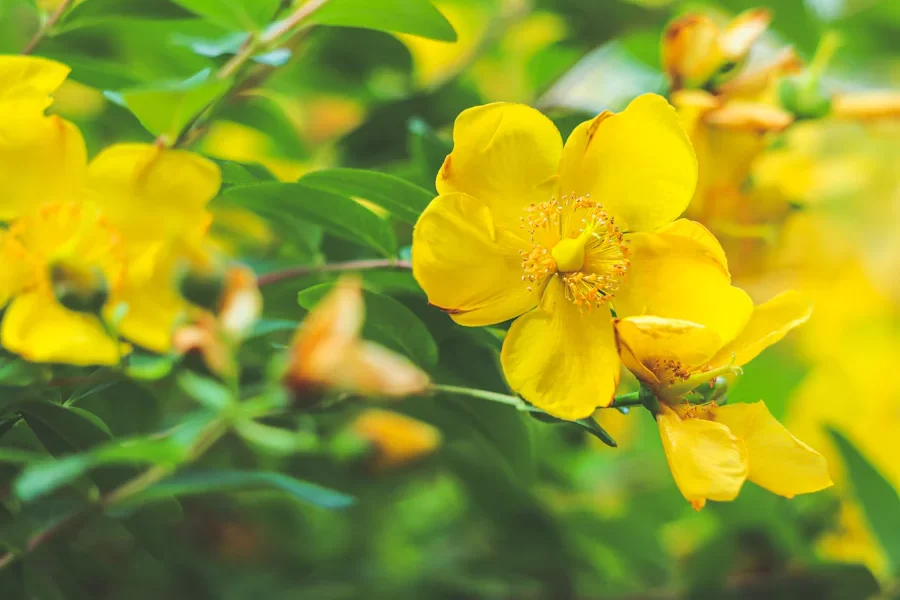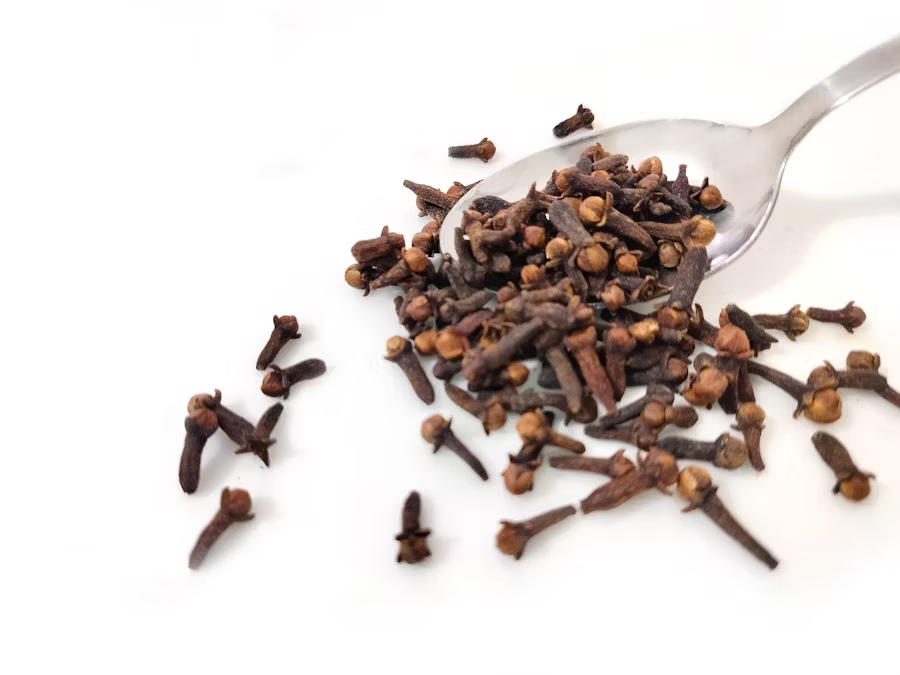Menopause affects every woman, yet it remains a topic shrouded in silence and misconception. With an estimated 1.3 million women entering menopause each year in the United States alone, the need for effective, natural remedies has never been more urgent. As hormone replacement therapy (HRT) concerns persist, women are increasingly seeking safer, more natural alternatives to manage their symptoms and maintain their quality of life.
Nature’s Pharmacy for a Natural Transition
Unlike conventional treatments, natural menopause remedies offer a unique approach that aligns with the body’s innate wisdom. These remedies don’t just mask symptoms; they work holistically to support the body’s transition. From phytoestrogen-rich foods to adaptogenic herbs, nature provides a diverse toolkit that can be tailored to each woman’s individual needs, offering a personalized path through this significant life change.
Targeted Solutions for Every Symptom
- Hot Flashes and Night Sweats:
- Black cohosh: Studies suggest it may reduce hot flashes by 26% compared to placebo.
- Soy isoflavones: Aim for 50-100 mg daily through diet or supplements.
- Mood Swings and Anxiety:
- St. John’s Wort: 300 mg three times daily may improve mood.
- Rhodiola rosea: 400-600 mg daily can help manage stress and fatigue.
- Vaginal Dryness:
- Sea buckthorn oil: 3 grams daily, orally, may improve vaginal tissue health.
- Topical vitamin E: Apply directly to improve lubrication.
- Bone Health:
- Vitamin D3: 1000-2000 IU daily, combined with 1200 mg of calcium.
- Vitamin K2: 100-200 mcg daily to support calcium absorption.
- Sleep Disturbances:
- Valerian root: 300-600 mg before bedtime can improve sleep quality.
- Magnesium: 300-400 mg daily may reduce insomnia symptoms.

Actionable Steps for Immediate Relief
- Dietary Adjustments:
- Increase intake of phytoestrogen-rich foods: flaxseeds, soybeans, and chickpeas.
- Reduce triggers: caffeine, alcohol, and spicy foods.
- Lifestyle Modifications:
- Regular exercise: 30 minutes of moderate activity 5 days a week.
- Stress reduction: Practice yoga or meditation for 15-20 minutes daily.
- Herbal Teas:
- Create a custom blend: Mix equal parts sage, black cohosh, and lemon balm for a soothing, symptom-relieving tea.
- Essential Oils:
- Use clary sage, peppermint, or lavender in a diffuser or as a diluted topical application for mood and hot flash relief.
- Mindful Cooling Techniques:
- Practice “paced breathing”: Inhale for 5 seconds, exhale for 5 seconds, for 15 minutes twice daily to reduce hot flash frequency.
By embracing these natural remedies, women can navigate menopause with greater ease and confidence. Remember, what works for one may not work for all, so it’s essential to listen to your body and consult with a healthcare provider before starting any new regimen. Menopause is not just an ending; it’s a beginning of a new, vibrant chapter in a woman’s life. With nature’s help, this transition can be a time of growth, self-discovery, and renewed vitality.
References:
- North American Menopause Society. (2021). “The Menopause Guidebook, 8th Edition.”
- Geller, S. E., & Studee, L. (2005). “Botanical and dietary supplements for menopausal symptoms: what works, what doesn’t.” Journal of Women’s Health, 14(7), 634-649.
- Franco, O. H., et al. (2016). “Use of Plant-Based Therapies and Menopausal Symptoms: A Systematic Review and Meta-analysis.” JAMA, 315(23), 2554-2563.
- Santoro, N., Epperson, C. N., & Mathews, S. B. (2015). “Menopausal Symptoms and Their Management.” Endocrinology and Metabolism Clinics of North America, 44(3), 497-515.
- National Center for Complementary and Integrative Health. (2022). “Menopausal Symptoms: In Depth.”



